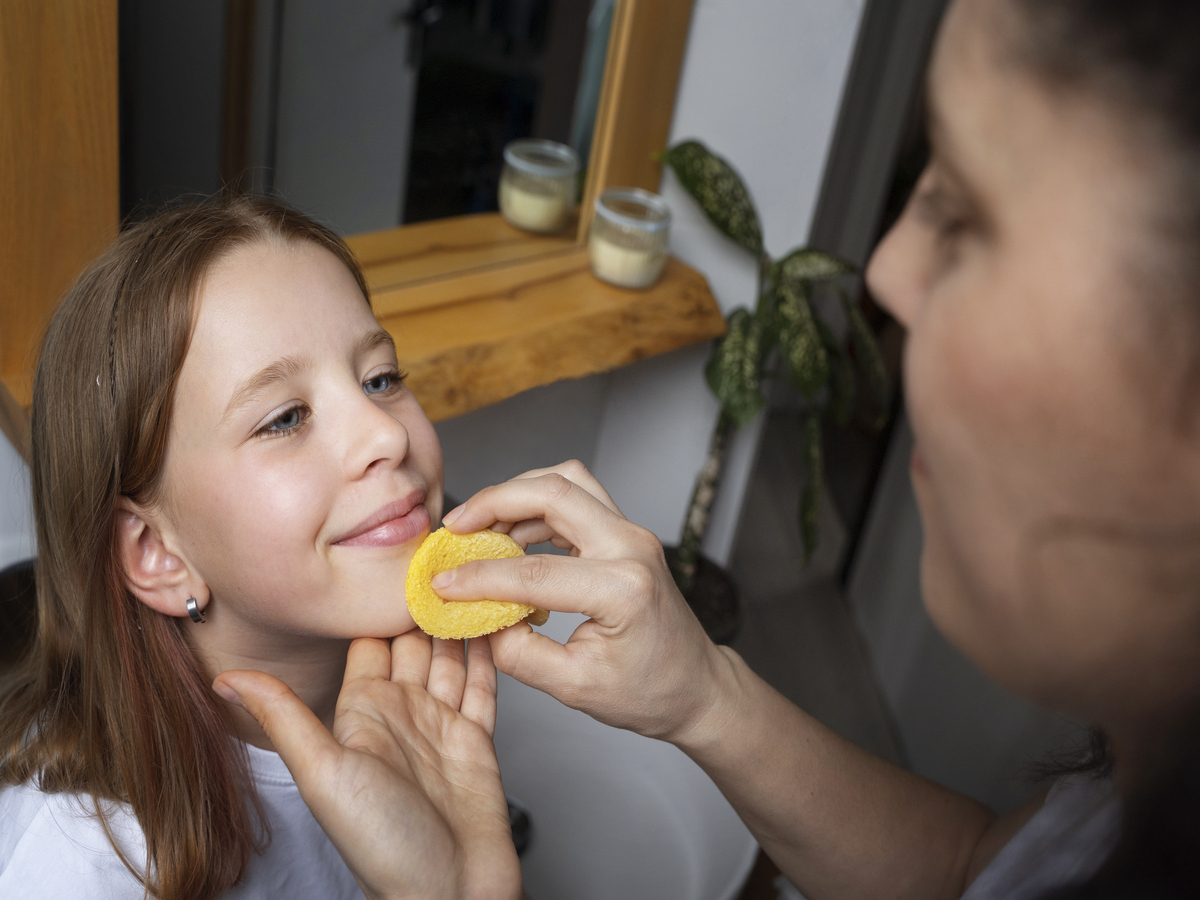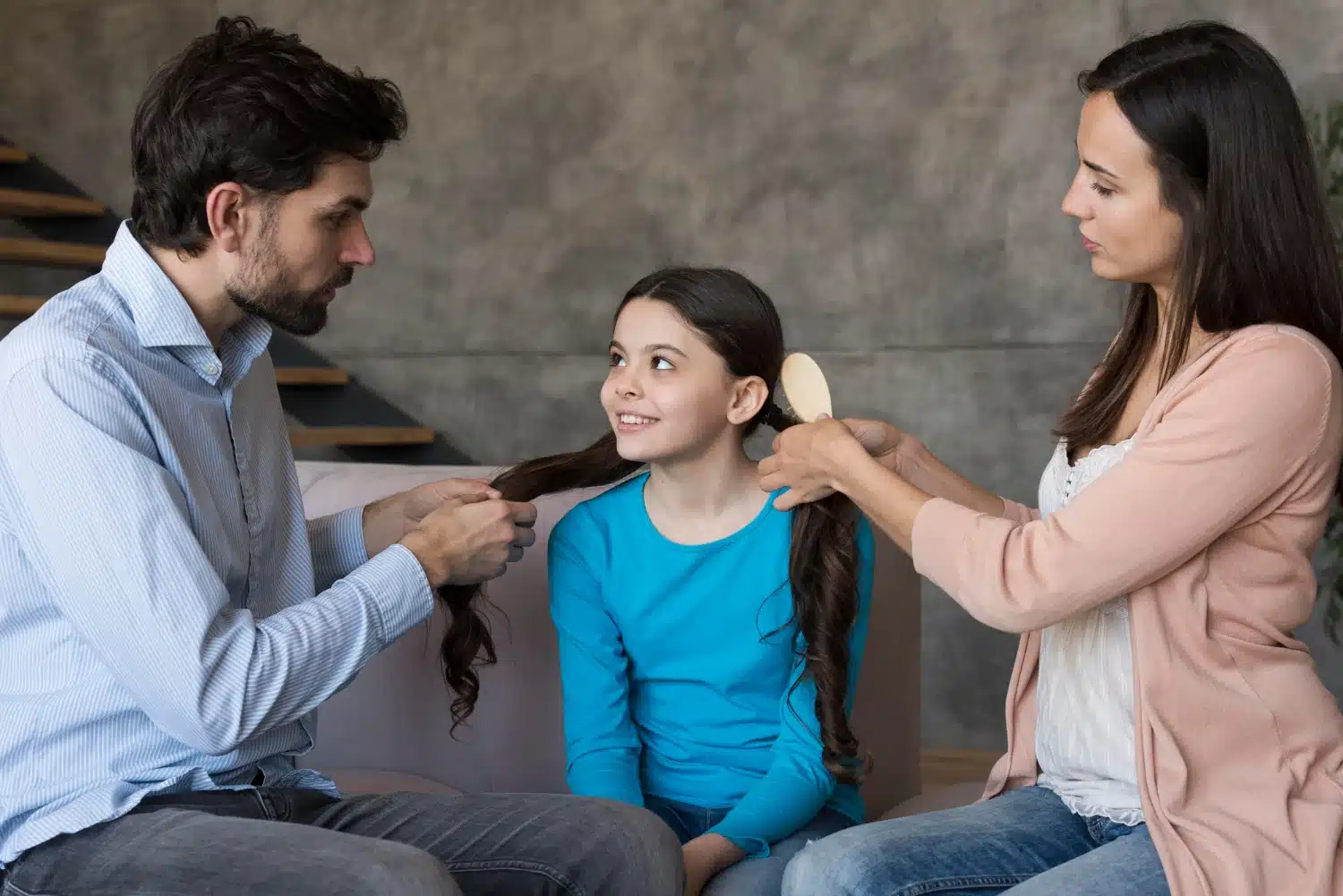How do routines help a child’s development? Routines play an essential role in a child’s life, from the time they are born until they reach adulthood. Routines help children feel safe and secure, which in turn allows them to explore their world and learn new things. In this post, we will discuss the benefits of routines and how you can create a routine for your child that helps them thrive.
What are routines, and why are they essential for children’s development
Routines are set patterns of behavior that are repeated on a regular basis. For children, routines can develop a sense of security and structure in an otherwise chaotic world. Routines can also help to promote healthy development by teaching children important skills such as time management, organization, and self-control. In addition, routines can foster a love of learning by helping children to see the value of education and the importance of hard work.
By establishing routines early on, parents can set their children up for success in school and in life.
The benefits of routines for a child’s development
Routines are important for children for many reasons. They help to provide structure and stability in a child’s life, which can be especially important during times of transition or stress. Routines also help children to develop a sense of self-discipline and to learn how to manage their time and resources effectively.
In addition, routines can promote physical activity and healthy eating habits by providing opportunities for regular exercise and meals at consistent times.
Finally, routines provide opportunities for bonding between parents and children as they work together to complete tasks. The benefits of routines are numerous and provide an essential foundation for a child’s development.
How can routines help with a child’s studies?
Routines provide the structure and support that children need to feel comfortable and secure. A routine gives a child a sense of what comes next, which can be reassuring and help manage anxiety. Having a regular routine for homework and study also helps children focus and stay on task. It can be difficult for children to transition from school to home – after a busy day of learning and socializing, they may need some time to unwind before starting their homework.
A routine gives them that time while also making sure they don’t forget about their studies altogether. It’s important to find a balance that works for your child – too much structure can be restrictive, but too little can lead to chaos.
Try to involve your child in creating their routine so they feel ownership over it and are more likely to stick to it. And remember to be flexible – there will be days when the routine doesn’t quite work, and that’s okay. Just get back on track the next day.
How routines can help with eating habits, playtime, and sleep schedules
A routine can be beneficial for a child, especially regarding eating habits, playtime, and sleep schedules. When a child has a set way, they know what to expect and when to expect it. This can help reduce anxiety and uncertainty and make the child feel more comfortable and confident. A routine can also help a child learn how to self-regulate their emotions and impulses. Setting times for meals, play, and sleep will help the child understand when it is appropriate to feel certain emotions and behave in specific ways.
In addition, routines can help promote healthy habits and discourage unhealthy ones. For example, if a child always has a snack before playtime, they may be less likely to overeat during meals. Similarly, if a child has a set bedtime, they are more likely to get enough sleep.
Overall, routines can significantly impact a child’s life, helping them feel calm and supported while promoting healthy habits.
Develops Bonding with the family together
Routines are the backbone of family life, providing both structure and flexibility. They help children feel secure enough to explore while also giving them opportunities for practice with problem-solving skills within their common framework that is familiar by now!
It helps with the development of a positive sense of self and belonging. It provides a framework for children to feel secure enough to explore and experiment. Routines help children feel they are valued members of a family group with an essential role in its smooth running. They promote cooperation, sharing, and a sense of ownership and responsibility for joint enterprises. They also provide opportunities for children to practice decision-making and problem-solving skills within the safety net of a familiar routine. Routines are:
- The backbone of family life.
- Providing structure and flexibility.
- Security and stimulation.
- Continuity and change.
The key is to find a routine that works for your family – one that considers all its members’ needs, interests, and personalities.
In short – routines give stability in an unstable world because they provide security and stimulation so you can have fun together without worrying about what’s happening outside your comfort zone.
Boost your child’s confidence and independence
A daily routine can help boost your child’s confidence and independence. Having a set time for activities makes your child feel more in control and empowered. A routine can also help your child learn new skills and become more independent. For example, if your child struggles to put on their shoes, you can create a routine that includes this activity. By having a regular time for this activity, your child will have the opportunity to practice and eventually master the skill.
Moreover, routines can help reduce stress and anxiety levels. Your child will know what to expect and feel more relaxed by having a predictable schedule. Creating a positive routine can have numerous benefits for your child’s development.
Develops a Calmer Environment
Routines help us develop a calmer environment by providing structure and order. Routines can provide comfort in an otherwise chaotic world when things get too hectic or overwhelming. By establishing a set schedule, we can better manage our time and energy, ensuring that we have enough time for the things that are truly important to us. Routines can also help reduce stress levels, providing a sense of control in an otherwise uncertain world. Perhaps most importantly, they allow us to focus on the current moment rather than worrying about what has happened in the past or what might happen in the future.
When we can live in the current moment, we can savor the joys of life and better cope with the challenges that come our way. They may not always be exciting, but they can provide us with the stability and peace of mind needed to thrive in an ever-changing world.
Also Read: How to Develop Positive Bonding with your Child
Routines help to be disciplined and Practice Time Management
Routines can help children learn how to budget their time wisely so they can focus on essential tasks and complete them efficiently. They provide a sense of order and stability in a child’s life, leading to feelings of security and well-being. They can also help children develop healthy habits such as brushing their teeth and getting enough sleep.
A child’s day without a routine can cause insecurity, anxiety, or even depression in kids who don’t know what their next move should be. Without routine distractions, practices provide them with the structure on where they need to focus and give themselves goals that help keep boredom at bay while also developing healthy habits such as remembering bedtime stories before going into sleep mode, for example!
Finally, they can help children feel like they are part of a team or community by teaching them the importance of following rules and cooperating with others. All in all, Routines help a child to be disciplined and Practice Time Management. By implementing simple routines into your child’s daily life, you can set them up for success in school and future endeavors.
Conclusion
Routines help children feel secure and loved. They also provide a sense of order during a time when the world can be confusing. Establishing routines provides children with predictability, which is crucial for their cognitive, social-emotional, and physical development. If you are looking for ways to create routines in your home or help a friend, I hope this article has been helpful.
















